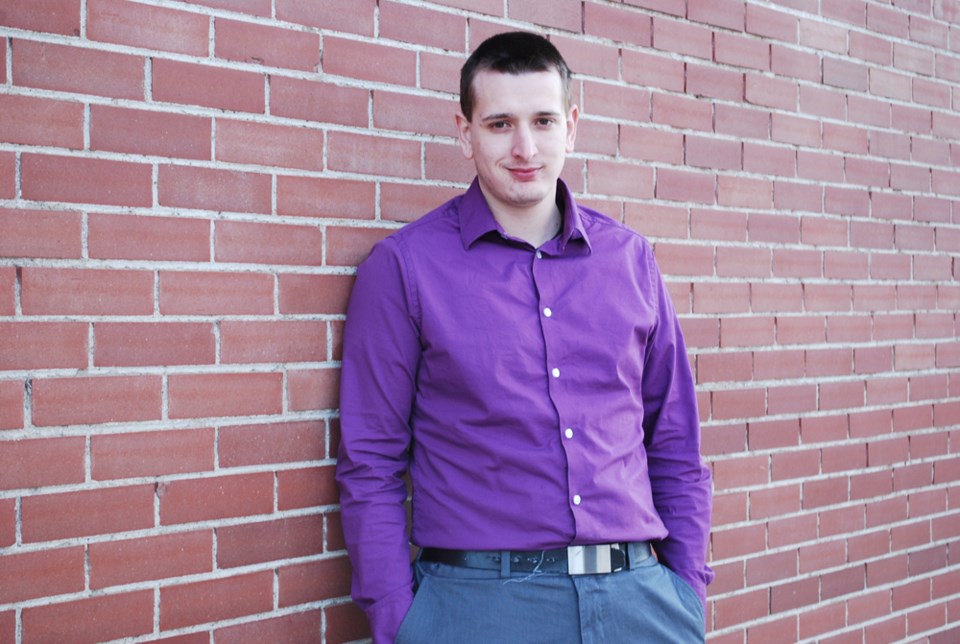Did you know that some Canadians have the legal right to refuse to vote?
Last week I had the pleasure of spending a couple of days with the grandmother, and if you know my family you will know the topic of politics came up.
Having lived in Ontario for the majority of my life, and having most of my friends and family still there, we speak plenty about Ontario politics.
And right now, with Ontario in the midst of an election, our political conversations come up more and more.
The problem is Ontario’s election has an extremely similar feel to the United States election: all kinds of poor leaders, with no one really to feel comfortable voting for.
Kathleen Wynne’s Liberals have run the province into the ground, Doug Ford is the leader of the Conservative Party, and for most people that’s enough said, and Andrea Horwath is the leader of the NDP’s, the same party who destroyed the province thanks to Bob Rae in the 1990s, and still have not been forgotten by the majority of Ontarians.
That leaves us with the question: Who do we vote for?
It’s the same question my grandmother posed to me.
My response: so refuse your ballot.
You see, like I mentioned earlier, some Canadians have that legal right, and Ontario is one of just four provinces, including Manitoba, Saskatchewan, and Alberta who can legally refuse to vote.
And when I say refuse to vote I mean, you show up to vote and without marking the ballot in any way, you announce your desire to essentially vote for no one.
An excellent idea in practice, but like my grandmother mentioned, this means those voters are the only ones who have to publicly declare their vote.
So, instead of asking for people to publicly declare their vote, governments across this country should be including a legal “no one” vote on the ballot.
If you don’t like who you have to vote for instead of staying home, show up and abstain.
Of course, the government needs to make people feel more comfortable to vote for no one by including it on the ballot.
If they feel abstaining from voting has a place in election law, it should also have a place on the ballot.
The point should be to find out how voters feel, not force them into an uncomfortable position, or even worse, keep them away from the polling station.
If you stay home, you become part of the statistic that the government views as unwilling to make the effort to vote.
If you vote for no one, your ballot counts.
The same can be said for spoiling your ballot.
If you spoil it because you don’t really want to vote for anyone you become part of the spoiled ballot statistics instead of the statistic that suggests you are unhappy with the current state of government.
Having said that, there also needs to be a greater emphasis from the government.
First of all, in Saskatchewan if you visit the elections website, they do not even list the number of “no one” votes.
They tell you how many of Saskatchewan’s registered voters actually hit the polls, and they say how many rejected ballots they received, but the number of reneged ballots is suspiciously missing.
That needs to change.
They also need to do a better job of taking those votes seriously.
All too often you are told how important voting is, and I am 100 per cent on board.
But, if voting is important, all votes should be taken seriously.
If we look at the last Saskatchewan election in 2016, according to their elections website more than 300,000 people did not vote.
If we taken half of those 300,000 and half of the 1,214 rejected ballots to put votes on “no one” we would have more than 150,000 reneged votes, which would have given them more votes than every party except the Saskatchewan Party.
Send that message to our government if you are not happy.
You have that legal right.




